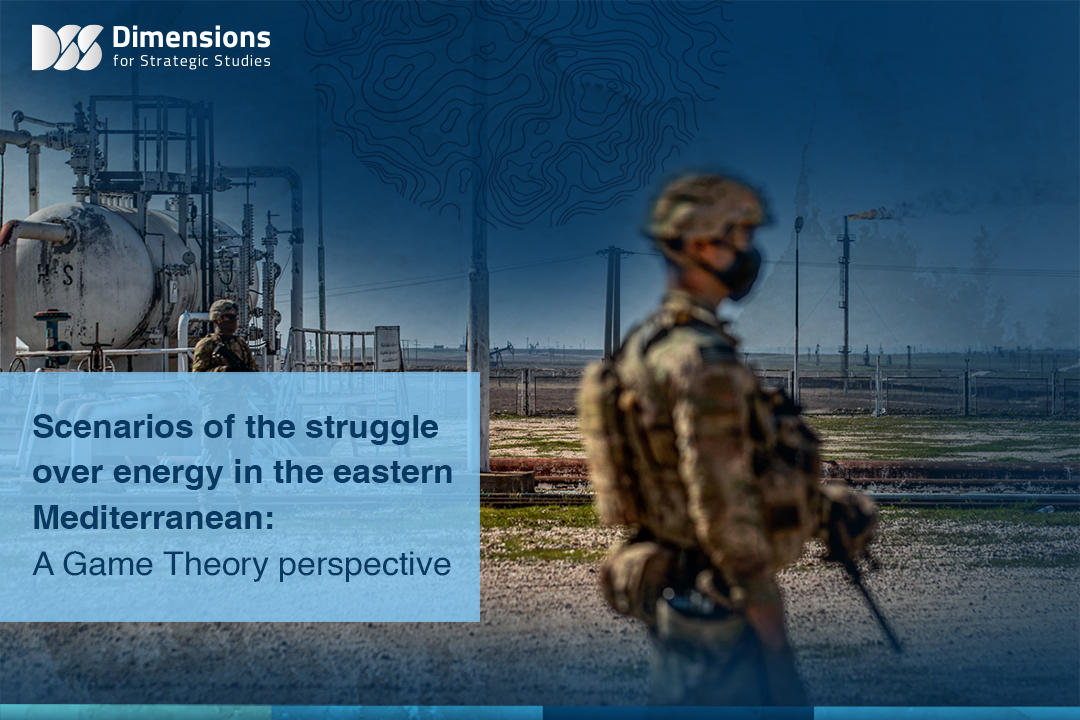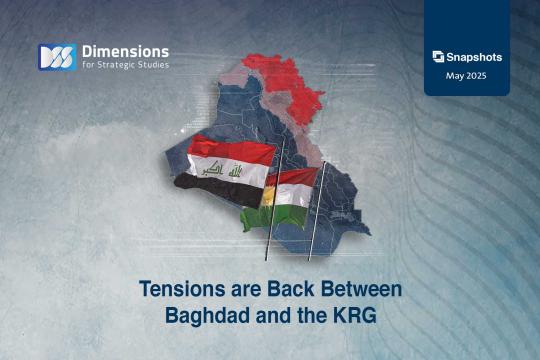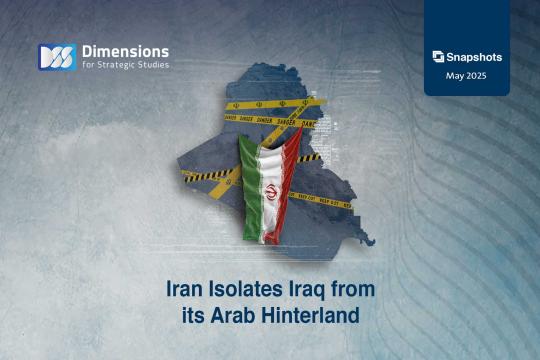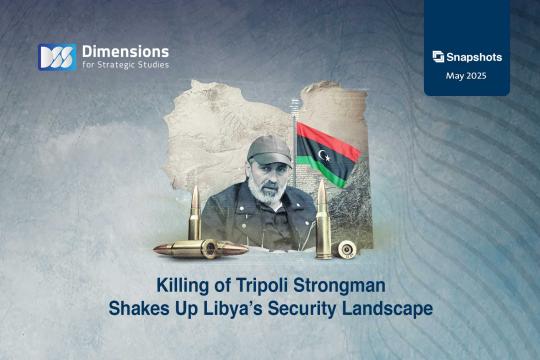
Scenarios of the struggle over energy in the eastern Mediterranean
2021-08-253102 view
At the dawn of this century, reports issued by the American Geological Survey indicated the existence of large quantities of gas in the Mediterranean. Most of the oil and gas going towards Europe pass through this area. This means that an extra importance, related to the deposits of natural wealth, has been added to the original one which is related to the fact that the region of the Mediterranean is a key supply route.
Originally, the region includes conflicting countries, struggles and instability even within these countries. The Arab Spring revolutions added a new dimension to the region's conflicts and tensions, whether "Arab - Israeli" or "Iranian - Gulf". That extends further to some countries on the Mediterranean coast, in addition to the disputes between Turkey and Cyprus.
Thus, another reason and a new dimension related to energy has been added to the international intervention in the Middle East region in general and in the Mediterranean area in particular. It seemed that the resources discovered in the Mediterranean would not be a pure blessing for the countries but would rather be a curse before benefiting from them.
Meanwhile, the importance of natural gas - whose availability in large quantities in the Mediterranean area is indicated by studies- has been growing as a clean and relatively cheap source of energy. The presence of large countries in size and consumption plays a key role in fuelling this conflict in defense of energy security. Turkey, with its 80 million people and Egypt, with its 100, for instance, are two large energy consuming countries. They light their homes and their fireplaces every day with expensive energy sources that come from international markets. Sometimes, this could be used as a pressure card against them that aims at influencing some policies.
Israel, as a relatively new entity in the region, has viewed the new discoveries as an enhancement and an opportunity for cooperation and a source of its importance for the region and the world as well; especially, in light of the tensions and conflicts taking place in Syria, Lebanon, Libya and Tunisia, in addition to the uncertainty in the situation of Egypt, which witnessed a military coup in 2013.
As such, it seemed that the eastern Mediterranean region and its neighboring countries would not be the scene of events that could go normally. Rather, these events will intensify, reaching the stage of conflicts and possibly wars.
Read more on the folowing link: Scenarios of the struggle over energy in the eastern Mediterranean





